![]()
![]()
Kaseda is Kagoshima's small city, with a population of almost 24,000. Kaseda
performed the consolidation of municipalities to the next town in 2005.
And "Minamisatsuma city" was born. Now, Kaseda is the city area
of Minamisatsuma city.
This web site gives information on Kaseda City and its brief history as
well as folklore data.
Where is this city? Japan > Kagoshima > Kaseda map.
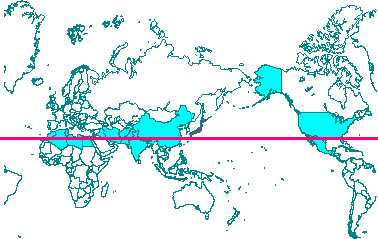 |
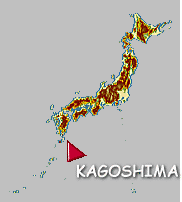 Kagoshima |
Kaseda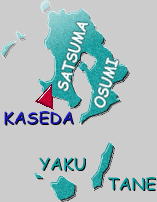 |
Explore Minamisatsuma - Minamisatsuma outline.
Go to other small cities in Japan.
Discover the history of some of Minamisatsuma - Kaseda and Kagoshima.
| Japanese Chronology | Christian Era | Kaseda Main History | Photograph |
|---|---|---|---|
| Paleolithic | 22000B.C. | The Kagoshima Aira caldera erupts. The Shirasu plateau is made with this volcanic ashes(A.T.). | 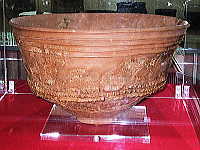 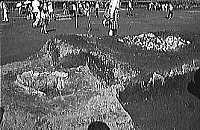 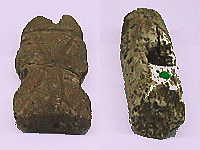 |
| 18000B.C. | Harunoyama Ruins - The remains of a temporary camp. | ||
| Jomon | 10000B.C. | Shikazegashira Ruins - Nearly perfect pottery was found | |
| Kakoinohara Ruins - The permanent place of summer at the start time of the Jomon period. The oldest smoke-dried institution in domestic. | |||
| 9000B.C. | An eruption of Sakurajima. The volcanic ashes called Satsuma accumulates. | ||
| 4400B.C. | The Kikai caldera erupts in the south of the Satsuma peninsula. Volcanic ashes called Akahoya. | ||
| 1000B.C. | Uekaseda Ruins - Stone figure was found | ||
| Yayoi | 100B.C. | A holed shell is found in the Takahashi shell mound(Kinpo-cho, near Kaseda). | |
| Kofun | Rokudoe ancient tomb - The box type stone coffin containing an iron sword and pottery. | ||
| Nara | 710 | The Satsuma country and the Osumi country were formed. (Taiho Codes). | |
| 720 | The Nihon shoki is edited. There is a report of the race "Hayato" of ancient Satsuma. | ||
| 752 | Ganjin who is a Japanese envoy to China in the Tang dynasty landed at Bonotsu (near Kaseda). | ||
| Heian | 931-938 | There was name of a place called "Ata-gun,Takaya-go" in Wamyoruijusyo which it is at the time of ancient times.This name of a place still exists in Kaseda. | |
| 1177 - 79 | Beppu Goro Tadaaki built the Beppu castle to Kaseda. | ||
| Kamakura | 1194 | Sameshima Muneie became the load of a manor of the Ata county. | 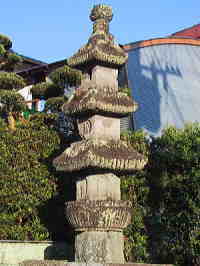 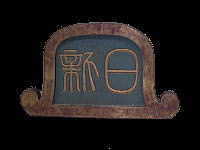 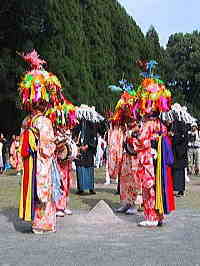 |
| 1197 | Kasedabeppu is written to the medieval land ledger (Satsuma no Kuni Zudentyo). | ||
| Muromachi | 11th/15th century | Mottaimatsu Ruins(Kinpo-cho) - This is very important ruins of a port. This port was used to trade ceramic ware between Japan and China. | |
| 1420 | Instead of Beppu, Shimazu occupied Kaseda. They are the whole family of Shimazu called Sasshu. | ||
| 1539 | The Beppu castle war - Shimazu whole family's internal trouble. Then Tadayoshi Shimazu (Izaku-soshu family in Shimazu) occupied Kaseda. | ||
| 1543 | The people from Portugal were washed up on Tanegashima of the south in Kagoshima. They transmitted the gun to Japan for the first time. | ||
| 1546 | Jissinkou - General Shimazu in Satsuma at 16th century. His other name is Tadayoshi. He lived in this city. He wrote "Jissinkou Irohauta" poem in 1546. He wrote about public morality in this poem. And, Satsuma warrior studied this poem at the Edo era. Takeda shrine - in this city - is dedicated to him. | ||
| 1549 | Francisco Xavier came to Kagoshima. He began to Japan and told Christianity. | ||
| Momoyama | 1580 | People of Aihoshi begin to deify the Kannon in Kaseda. When the Edo period came, it hid and was chanting the Buddhist invocation. | |
| 1587 | Shimazu dominated Kyushu in the previous year. However, it surrenders to this year to Hideyoshi Toyotomi. | ||
| 1592 | Hideyoshi sends troops to Korea. Yoshihiro Shimazu also dispatched troops
with Korea. There is a tradition "in Kaseda, the drum dance was transmitted from Korea at this time." Samehima Munemasa of Kaseda began overseas trade after the homecoming from dispatching troops. |
||
| Edo | 1609 | Satsuma dispatched troops to Ryukyu. | 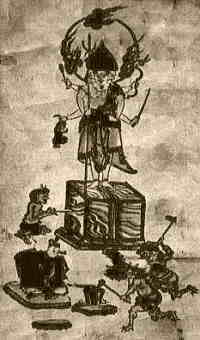 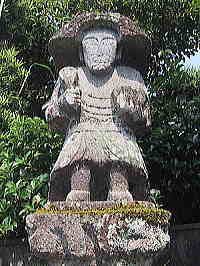 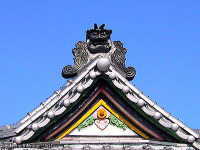 |
| 1615 | The Edo Shogunate issued the command that it could not have only one castle
in one country. Then, the castle in Kaseda was lost and became the government controlled area in Satsuma. The thing of a government controlled area is called Tojo. Kaseda Tojo was the zone in present Kaseda, Oura, Kasasa, Bonotsu, and Kawabe. |
||
| 1686 | Tanaka Shichiemon made the water wheel for iron manufacture in Kukino(.area of the south in Kaseda.) Then, he deified God of water. | ||
| Kaseda kaji - This is tradition handicrafts, such as a sickle. Moreover, those who make it were the samurais of Satsuma at the Edo period. | |||
| Aoki Konyo introduces a sweet potato all over the country in about 1720. A sweet potato is called Satsuma-imo in Japan. | |||
| 1753 | Satsuma was ordered the riparian work of Kisogawa from the Edo Shogunate. | ||
| 1768 | The Masuyama irrigation canal was completed. The water wheel of the mechanism doll of the Taketa shrine runs by this water. | ||
| 1773 | Sameshima Shogoro of Kaseda became the Chinese interpreter of the Satsuma han. | ||
| 1778 | God of the oldest rice field in Kaseda was built at Tojinbara. | ||
| 1784 | Kaseda Tojo became an organization called Kaseda Go. Kaseda, Oura, and Kasasa are the zones in Kaseda Go. | ||
| 1802 | The large flood of a River Manose. The flow of a river changed. The mouth of a river became the new harbor, and commerce prospered.They build the Yasaka shrine. | ||
| 1827 | In Satsuma, Zusho Hirosato carried out political reform. | ||
| 1858 | The Kaseda riot happens by Komatsubara (Bansei). | ||
| 1865 | The Europe foreign student leaves from Satsuma. Naonobu Sameshima of Kaseda also participated. | ||
| Meiji | 1868 | Meiji Restoration. Next year, Kagoshima Prefecture was organized newly.
In Kaseda, Jissin Buddhist temple was destroyed. It was rebuilt as a Taketa shrine in 1873. |
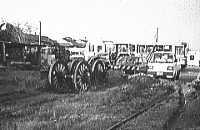 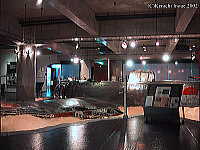 |
| 1889 | Municipality organization enforcement. Kaseda-mura and Higashikaseda-mura were made. | ||
| 1896 | The Kawanabe public office was installed in Kaseda. | ||
| Taisho | 1914 | Nansatsu railroad was opened for traffic between Ijuuin from Kaseda. Between Kaseda and Makurazaki was opened for traffic in 1931. | |
| 1924 | Kaseda-mura is town organization enforcement. It becomes Kaseda-cho. Next year, Higashikaseda-mura serves as Bansei-cho. | ||
| Showa | 1941-45 | Pacific War. In Kaseda, special attack corps "Kamikaze" sortied from the Bansei airfield. | |
| 1954 | 1954 Kaseda-cho and Bansei-cho combined. Then, Kaseda-city was organized. | ||
| 1984 | Nansatsu railroad was abolished. | ||
| 1986 | A prefectural Fukiage beach seaside park opens. Japan Sand Festival started on the Fukiage beach next year. | ||
| Heisei | 1997 | The ruins of Kakoinohara were chosen as national historic relics. |
Discover Kaseda's customs, festivals, manners and traditions.